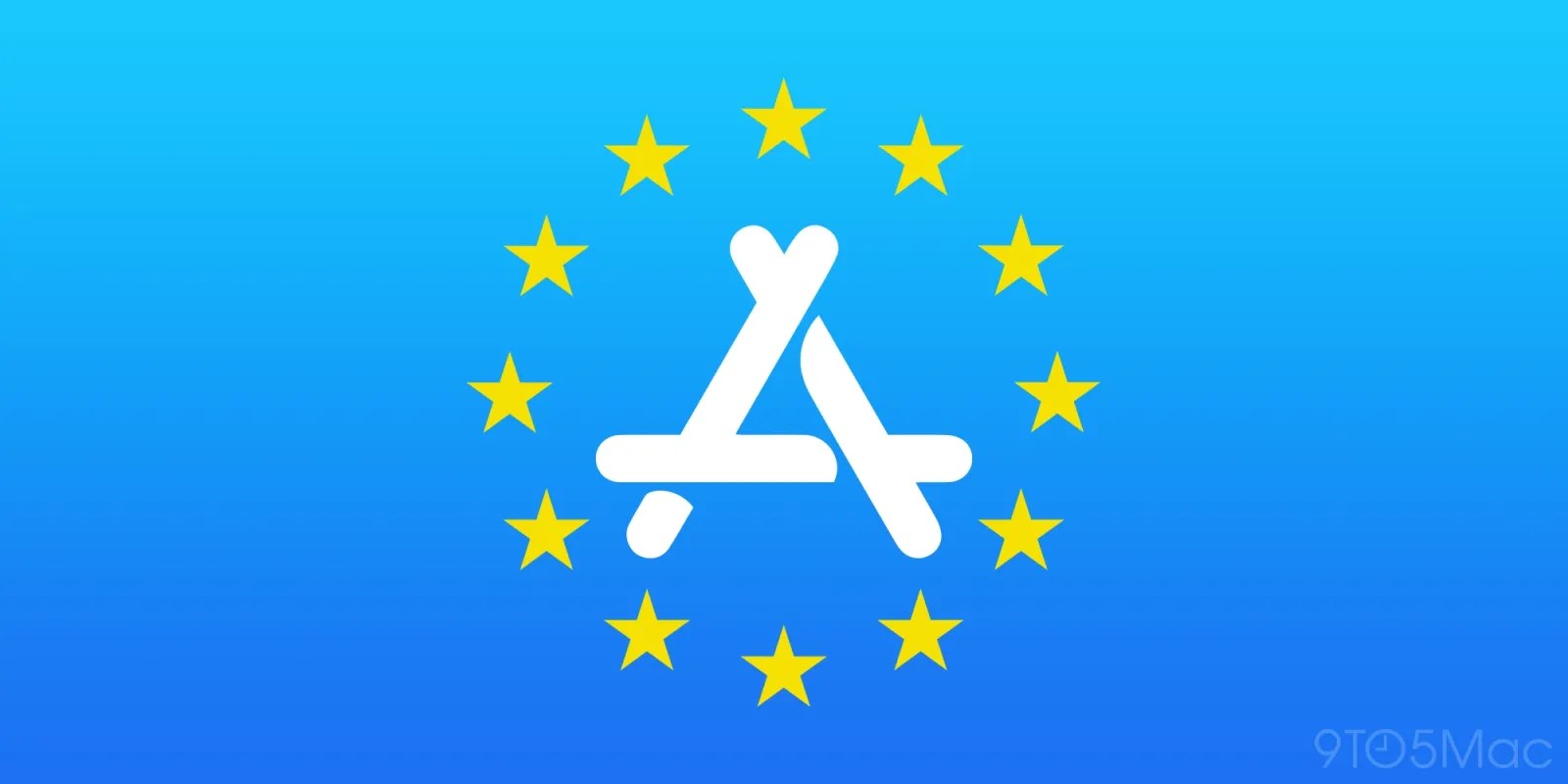
Apple has announced several major changes to its App Store guidelines in the European Union as part of its ongoing efforts to comply with the Digital Markets Act.
Policy changes
First, Apple has announced a set of policy changes for developers with apps distributed in the European Union. These changes apply to all developers, regardless of whether or not they’ve opted into Apple’s alternative business terms in the EU.
Previously, Apple allowed developers under the EU terms to add a single static URL in their apps, with restrictions on things like tracking parameters, redirects, and intermediate links. Developers could also only communicate and promote offers to their own websites.
With today’s changes, Apple is loosening that grip.
- Developers can now promote offers across all channels, not just their own websites. This includes external websites, other apps, and alternative app marketplaces. It also includes in-app promotions using native UI or in-app webviews.
- Developers are no longer limited to a single static URL. They can include multiple destinations in their apps. The links can also include tracking parameters, redirects, and more.
- Developers can freely design their interfaces for links and promotions.
Apple is also shifting its stance on the so-called “scare sheet” that users see when they tap on external links. Now, users will see a disclosure sheet the first time they tap on a link, but there’s a new option to opt out of seeing that disclosure sheet for future interactions in the same app.
Developers in the EU can take advantage of these changes today.
Business terms
Alongside those changes, Apple has announced additional changes to business terms in the European Union. The changes do not apply to apps distributed via alternative app marketplaces. They also do not apply to communication and promotion offers that use static text inside an app.
They only apply to links that direct users to the web, as well as in-app alternative payment service providers.
Initial Acquisition Fee
- 2% fee on the sale of digital goods and services made by new users.
- This applies for the first six months after a user first downloads the app from the App Store.
- The fee is waived for developers enrolled in Apple’s Small Business Program.
- The fee is waived for any existing users that a developer previously acquired.
Store Services Fee
Apple is splitting the Store Services Fee into two tiers.
Tier One: 5% fee
Developers who opt for tier one will get access to a limited set of mandatory App Store services, including:
- App distribution and delivery
- Trust and safety features
- App management
Notably, tier one does not include features such as automatic app updates and automatic downloads across devices. It also doesn’t include App Store promotions, search suggestions, ratings and reviews on product listings, inclusion in personalized recommendations, developer marketing tools, and more.
Tier Two: 13% fee, reduced to 10% for Small Business Program members and tenured subscriptions
Developers who opt for tier two will get access to all services provided by the App Store today.
- All services provided by the App Store today.
Core Technology Fee or Core Technology Commission
For developers on Apple’s alternative terms in the EU, they will pay the previously announced Core Technology Fee of €0.50 per install for each first annual install over 1 million.
For developers on Apple’s standard business terms in the EU, there is a new Core Technology Commission. Instead of the per-install fee, they will pay a 5% commission on sales made through in-app promotion of alternative payments.
Apple also announced today that it will shift to a new unified business model in the EU by January 1, 2026. Under this unified model, a developer will transition from the Core Technology Fee to the newly announced Core Technology Commission, which is paid based on the sales of digital goods and services, rather than app downloads.
Apple statement
In a statement to 9to5Mac, Apple said:
“The European Commission is requiring Apple to make a series of additional changes to the App Store. We disagree with this outcome and plan to appeal.”
The company emphasized that while it has attempted to work closely with the European Commission on its DMA compliance plan, regulators have repeatedly shifted their expectations and threaten massive fines.
Apple has until July 7 to file its appeal.
More details and documentation about today’s announcement can be found on Apple’s developer website.
My favorite iPhone accessories
Follow Chance: Threads, Bluesky, Instagram, and Mastodon.
FTC: We use income earning auto affiliate links. More.
